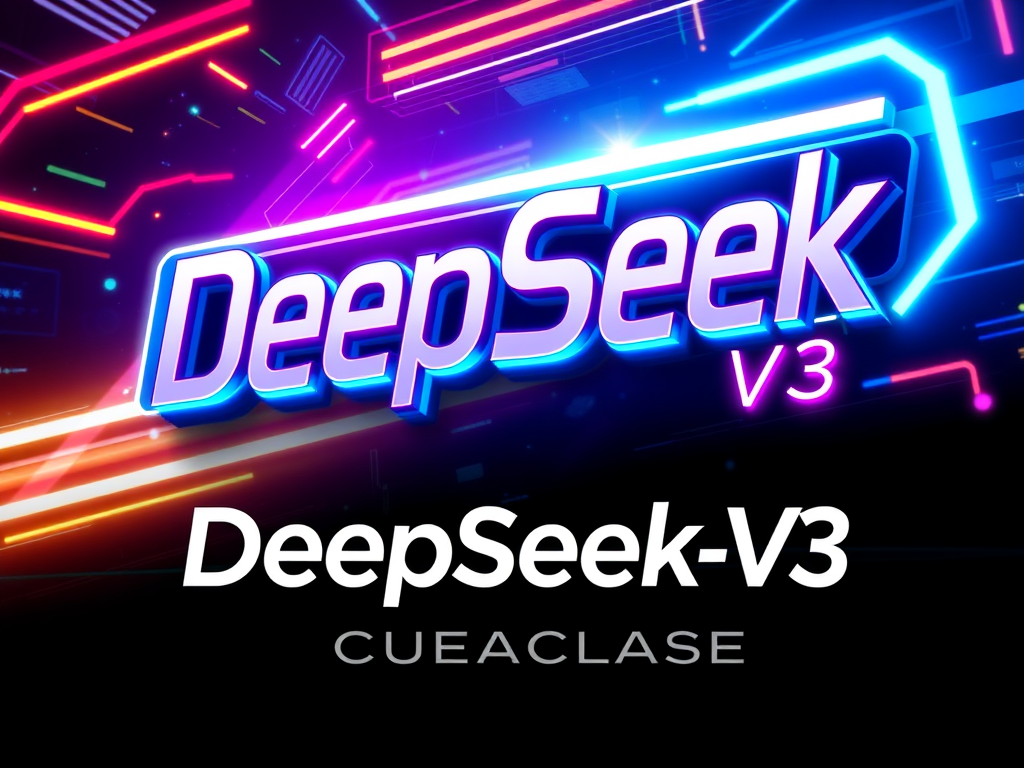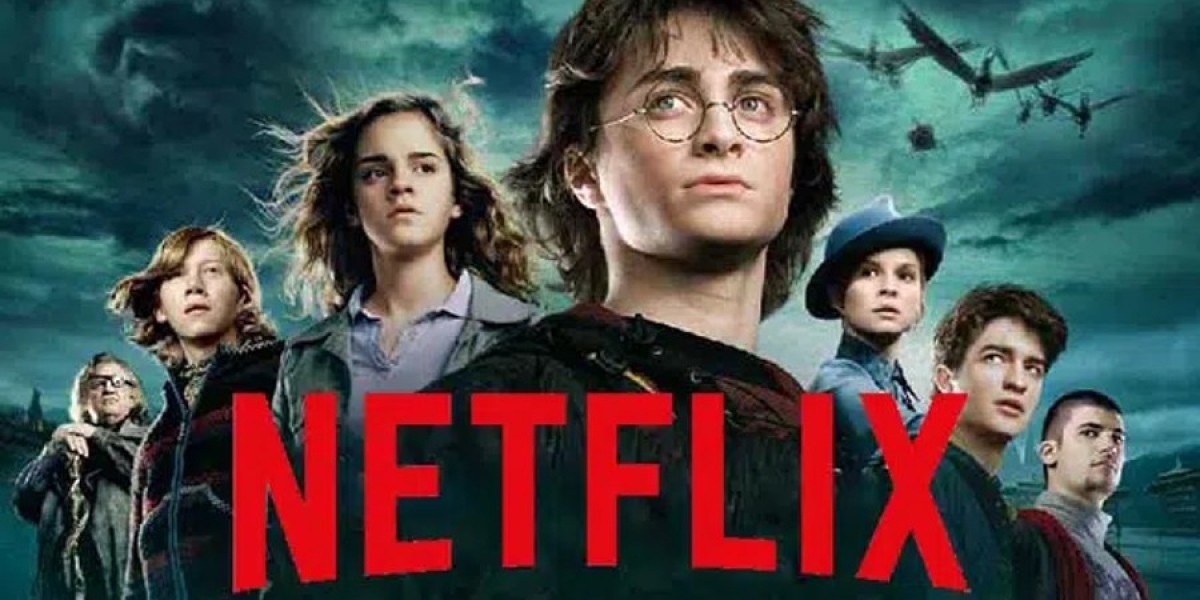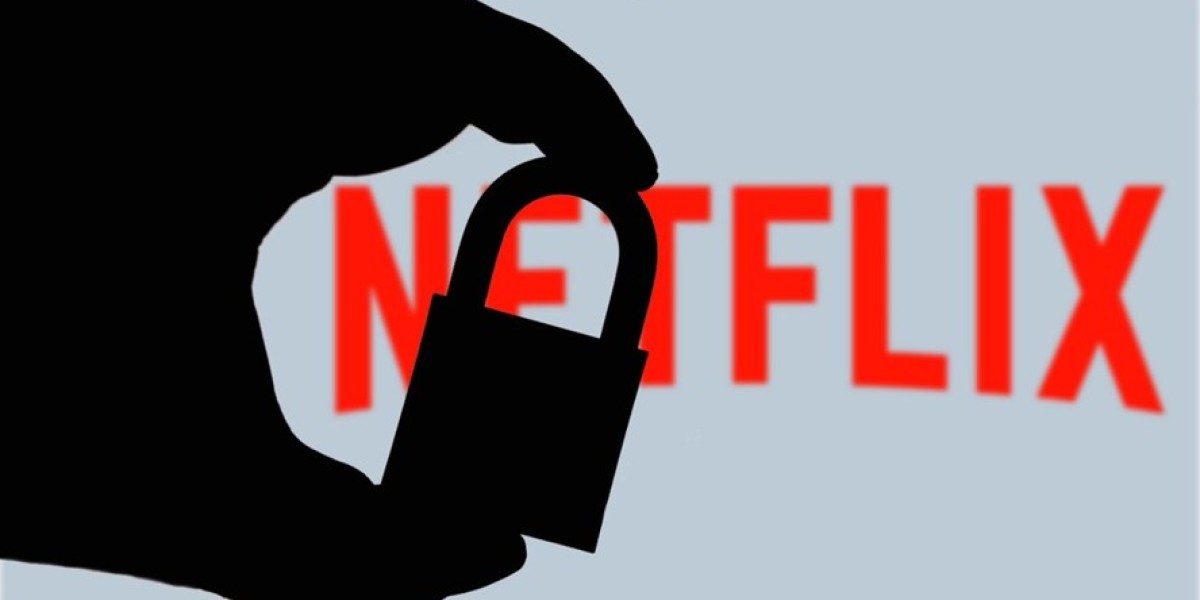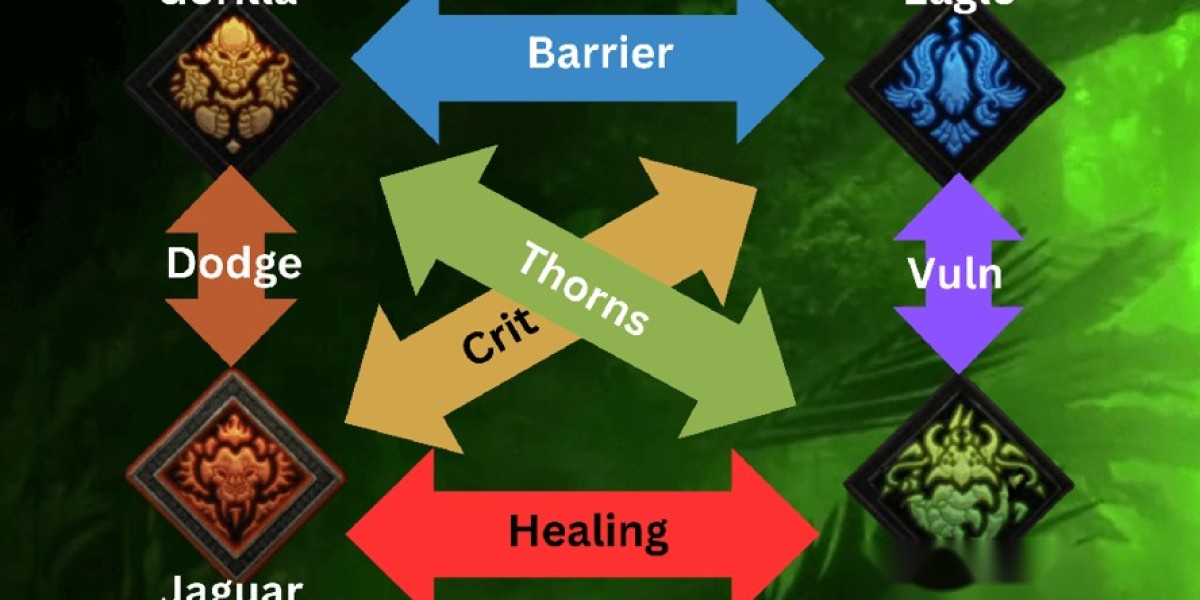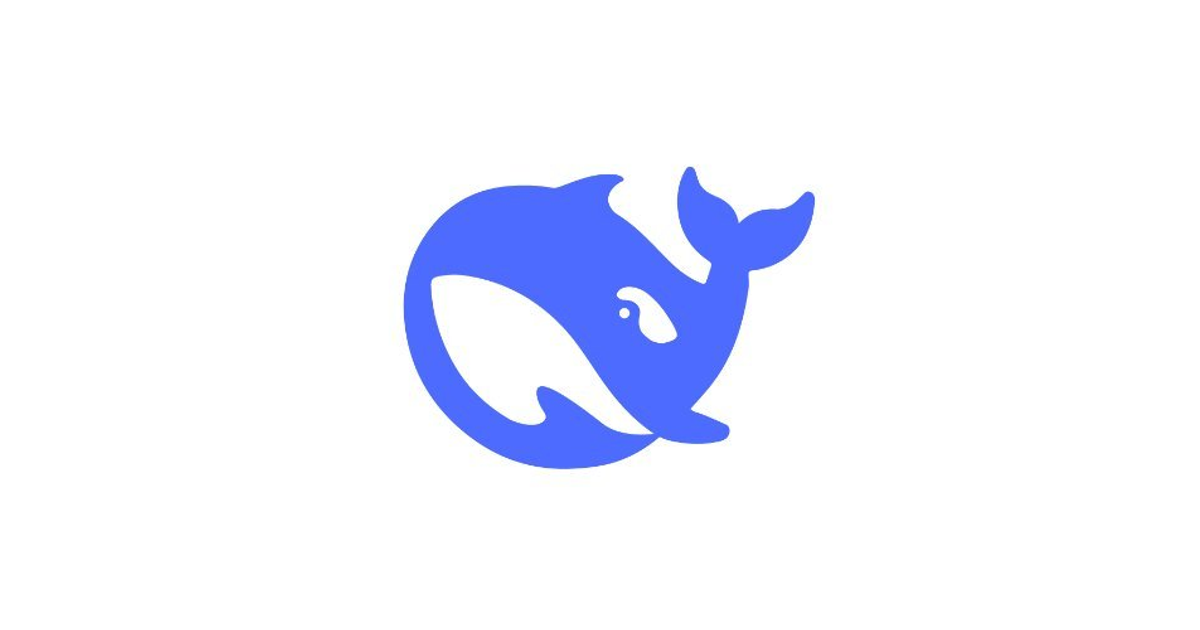
The capacity of AI technology has been percolating in the background for several years. But when ChatGPT, setiathome.berkeley.edu the AI chatbot, started getting headings in early 2023, it put generative AI in the spotlight. This guide is your go-to manual for generative AI, covering its advantages, limits, use cases, prospects and far more.
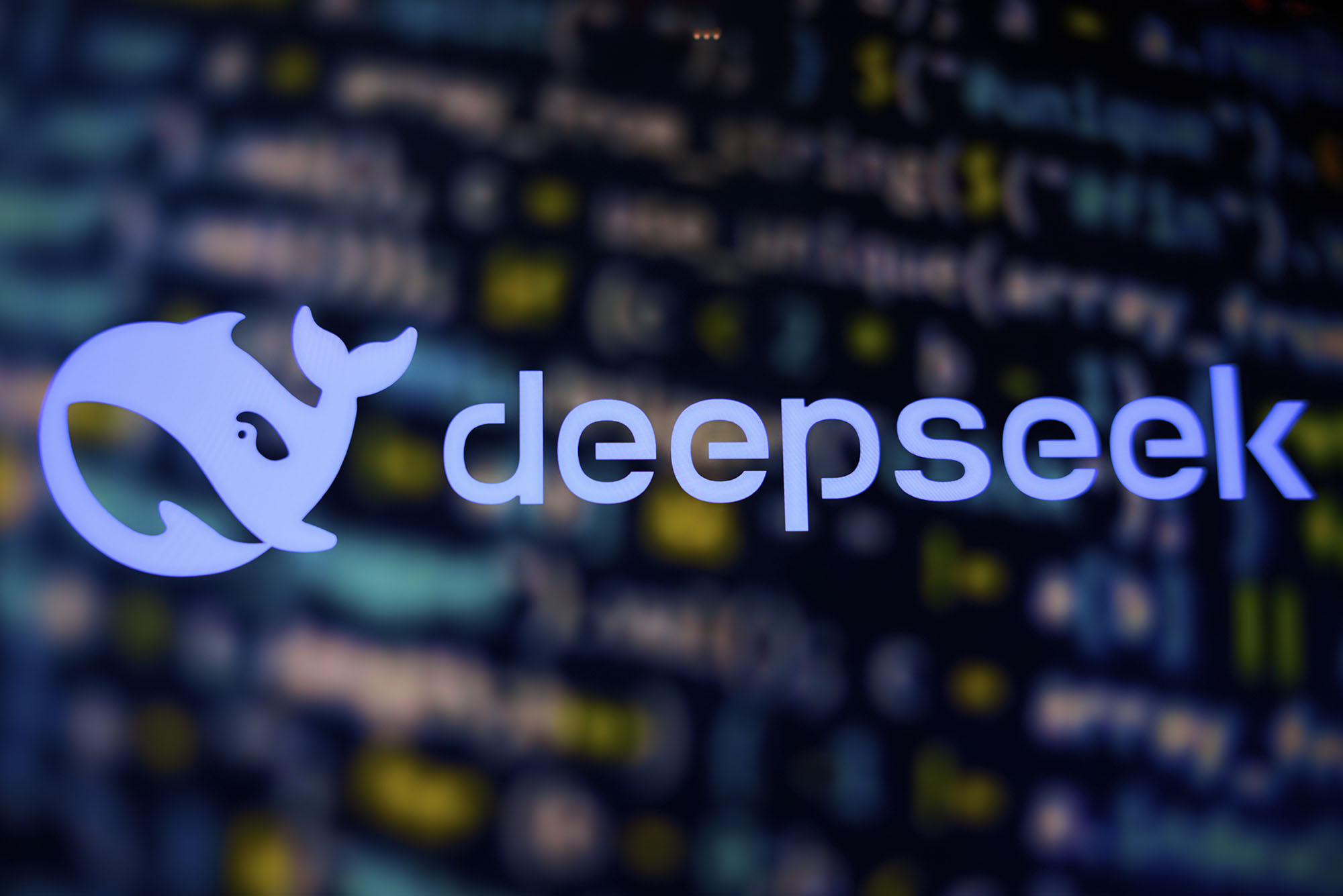
What is OpenAI?
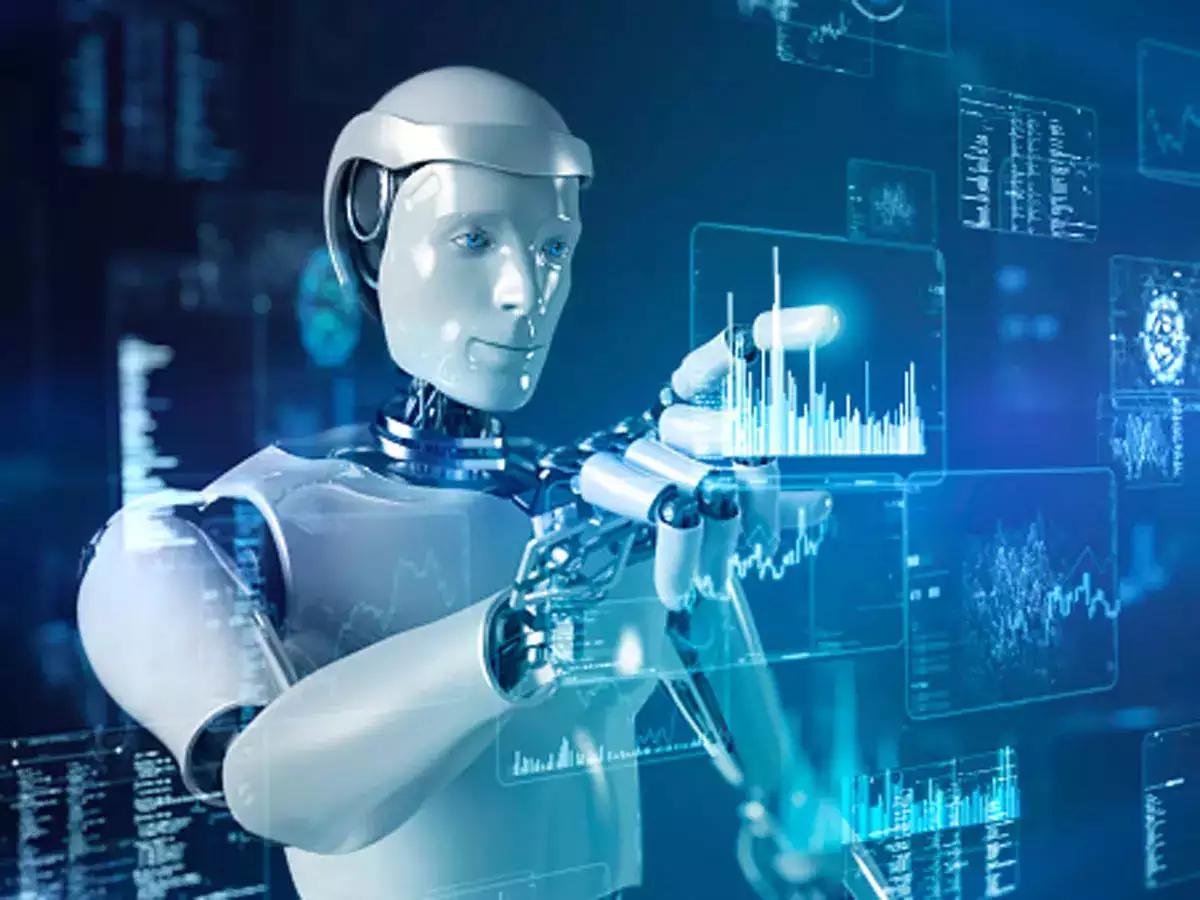
- Share this item with your network:
-
-
-
-
-
-.
-.
-.
-
- Cameron Hashemi-Pour, Former Site Editor
OpenAI is a private lab that aims to develop and direct expert system (AI) in ways that benefit humanity as a whole. The business was founded by Elon Musk, Sam Altman and others in 2015 and is headquartered in San Francisco.
OpenAI was produced in part since of its founders' existential issues about the potential for catastrophe resulting from carelessness and abuse of general-purpose AI. The business has a long-term focus on essential advances in AI and its abilities. The creators of the company and other investors began the company with a $1 billion endowment. In February 2018, Elon Musk left the company due to a prospective conflict of interest with his work at Tesla, the automobile and clean energy company inspired by Nikola Tesla.
The mentioned intent of the company-- to pursue safe artificial general intelligence (AGI) for the benefit of humankind-- is shown in its goal to easily team up with other research organizations and individuals. Research and patents made by the company are meant to remain open up to the public except in cases where they might negatively affect security.
Timeline and history of OpenAI
OpenAI was originally focused on developing AI and prawattasao.awardspace.info device knowing tools for computer game and other leisure purposes. Less than a year after its official founding on Dec. 11, 2015, it released its very first AI offering: an open source toolkit for establishing reinforcement knowing (RI) algorithms called OpenAI Gym. Over the next 2 years, OpenAI focused on more basic AI development and AI research study.
This article is part of
What is Gen AI? Generative AI discussed
- Which also consists of:.
8 top generative AI tool classifications for 2025.
Will AI replace tasks? 17 job types that might be impacted.
25 of the best large language models in 2025
In 2018, OpenAI published a report to discuss to the world what a Generative Pre-trained Transformer (GPT) is. A GPT is a neural network, or a machine discovering design, produced to function like a human brain and trained on input, such as large data sets, to produce outputs-- i.e., answers to users' concerns.
In March 2019, OpenAI moved from nonprofit to capped-profit status and became officially called OpenAI LP, controlled by parent company OpenAI Inc. Almost 2 years later on, in January 2021, OpenAI introduced Dall-E, a generative AI design that evaluates natural language text from human users and after that generates images based on what is explained in the text.
Perhaps the business's best-known item is ChatGPT, launched in November 2022 and heralded as the world's most advanced chatbot for its capability to provide answers to users on a relatively limitless series of subjects. Its advantages and downsides, as well as its usages in various markets, are still being disputed.
Elon Musk no longer serves on the board of the company, and co-founder Sam Altman worked as the company's CEO up until November 2023 along with president and chairman Greg Brockman, previously the CTO of monetary services and SaaS company Stripe; and chief researcher Ilya Sutskever, previously of Google.
In November 2023, Altman was fired from his position by the board of directors, pointing out that Altman was not candid in his communications to the board. Not long after, Brockman left the business. Both were hired by Microsoft 3 days after leaving the company.
Emmet Shear, co-founder of Twitch, was hired as the interim CEO at OpenAI after Altman's departure. Following Altman's shooting, roughly 500 of OpenAI's employees said they would quit if the board of directors didn't step down. After just five days, Altman and Brockman were re-hired in their original roles at OpenAI with a brand-new board of directors.

Notable tasks and releases
OpenAI has been deemed revolutionary for its noteworthy item offerings, which consist of the following:
GPT-3. This effective big language model (LLM) functions as the basis for other OpenAI products. It evaluates human-generated text to discover to produce similar text on its own.
GPT-4. Released in March 2023, GPT-4 provides multimodal AI performance, where it can analyze both text and images.
GPT-4o. Introduced in May 2024, GPT-4o improved multimodal capability to acknowledge images, text and audio. GPT-4o is more conversational than other models. GPT-4o will acknowledge the user's screens and images and ask questions about them.
OpenAI o1. Released in September 2024, OpenAI o1 is an LLM with enhanced reasoning performance. Instead of supplying a reaction as rapidly as possible, o1 "believes" through the ideal approach to resolve an issue for more precise reactions.
OpenAI o3. Announced in December 2024, this o1 follower model has 2 variations-- o3 and o3-mini. These models utilize what OpenAI calls a "personal chain of idea" in reinforcement learning, utahsyardsale.com which teaches the o3 model to pause and analyze internal dialogue utilizing simulated thinking before producing replies. OpenAI strategies to release o3-mini to the general public in January 2025.
ChatGPT Search. This AI search engine is presently built into ChatGPT for Plus and Team users. The search function offers current information from the internet and allows ChatGPT to take on other online search engine. It was released in October 2024.
Dall-E and Dall-E 2. These generative AI platforms can analyze text-based descriptions of images that users desire them to produce and after that produce those images precisely as explained.
Clip. Clip is a neural network that manufactures visuals and the text referring to them to forecast the very best possible captions that the majority of accurately describe those visuals. Because of its ability to gain from more than one type of data-- both images and text-- it can be categorized as multimodal AI.
ChatGPT. ChatGPT is presently the most advanced AI chatbot developed for generating humanlike text and producing responses to users' concerns. Having been trained on large information sets, it can generate answers and reactions the way a human would. Since its creation, updates to this tool have actually enabled it to communicate with users through voice conversation and images.
Codex. Codex was trained on billions of lines of code in numerous shows languages to help software designers simplify coding processes. It's established on GPT-3 technology, but instead of producing text, it generates code.
Whisper. Whisper is identified as an automatic speech recognition (ASR) tool. It has actually been trained on a wide range of audio data in order to recognize, transcribe and equate speech in about 100 different languages, consisting of technical language and various accents.
ChatGPT Enterprise. Although this is comparable to the consumer version of ChatGPT, the enterprise version lets users construct the training of their design. This edition also reviews the current incremental modifications made to ChatGPT.
Custom GPTs. GPTs are custom versions of ChatGPT that users can customize to specific use cases with no code. Verified GPT contractors can share custom GPTs in the GPT shop and generate income doing so.
OpenAI and Microsoft
At the start of 2023, Microsoft publicly devoted to a multibillion-dollar investment in OpenAI, but its interest in the company is absolutely nothing new. In July 2019, OpenAI participated in a multiyear partnership with Microsoft in which Microsoft's cloud platform, wiki.lexserve.co.ke Azure, has actually been enhanced by AI-based computing items.
Microsoft's newest investment in OpenAI extends to Bing, its online search engine. The business is using the exact same innovation established for ChatGPT to produce an AI-infused variation of Bing. Concurrently, AI-based features have likewise been contributed to Microsoft's Edge browser, and ChatGPT functionality is being included to Microsoft 365 products such as Outlook and Teams.
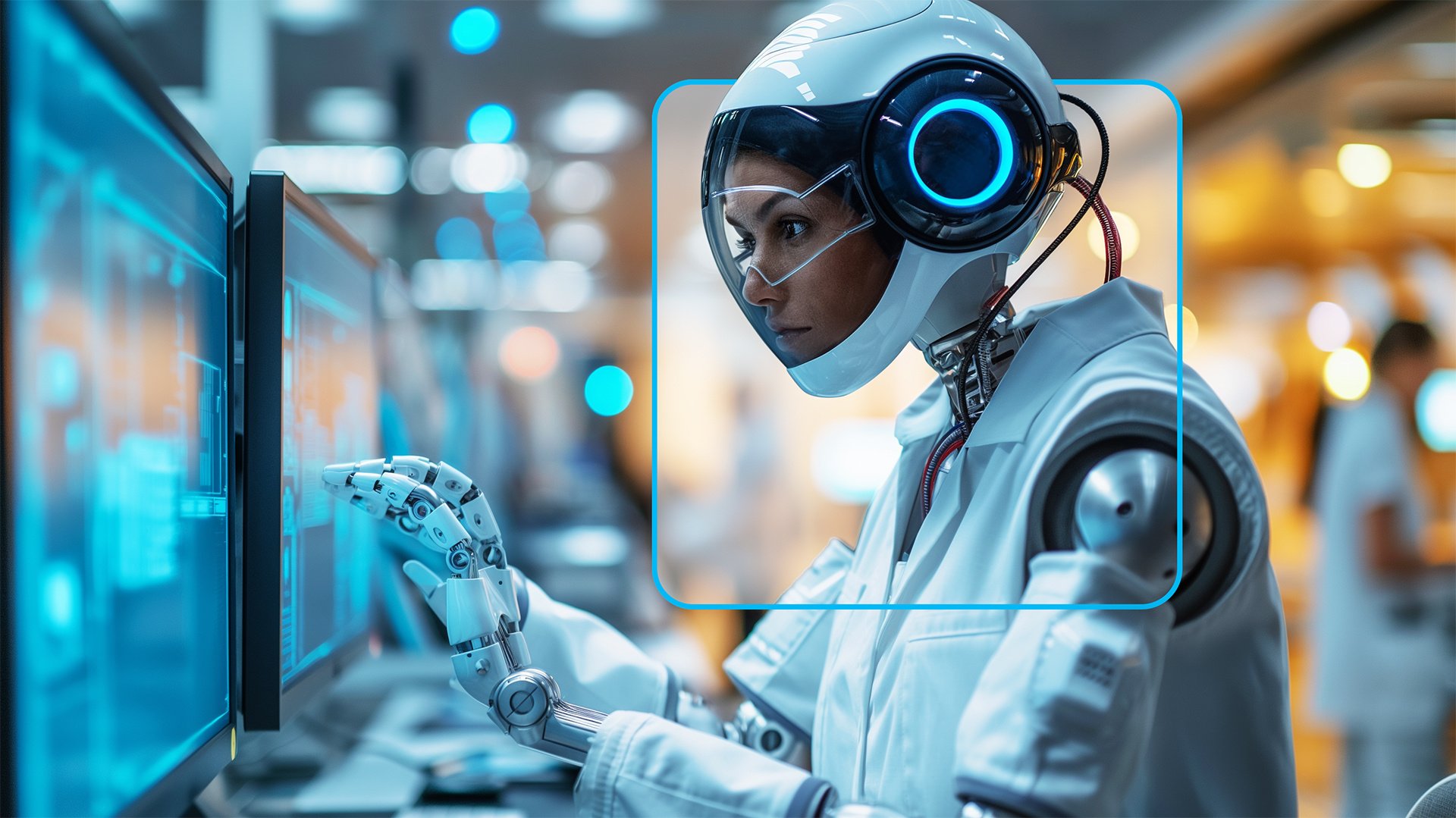
Criticisms of OpenAI
Despite all these rapid advancements, OpenAI has actually not been immune to criticism, both in the world of tech and beyond. The business's shift from "nonprofit" to "capped profit" status in 2019 sustained criticism that its commitment to working with others on structure "safe and beneficial" basic expert system had become a profit-driven "AI arms race" to produce the most sophisticated AI innovation on the market. Simultaneously, others have revealed issues about OpenAI's growing lack of openness into how its cutting-edge items are being established, offered its commitment to establishing open source software application.
More just recently, the debut of ChatGPT in late 2022 has entered a fair offer of criticism alongside the widespread praise for its cutting-edge abilities. The technology has actually been accused of producing "hallucinations" or other factually unreliable responses that are seemingly intelligent and well written, yet don't hold up under scrutiny. While this is maybe the most notorious drawback of the platform, others include its possible to plagiarize from other sources along with its constraints in producing answers on the most updated news. The data set it was trained on was from 2021, so the material it creates could disservice those who require info on current events. OpenAI upgraded ChatGPT Plus in November 2023 to consist of information as much as April of that year.
OpenAI's chatbots are amongst numerous that faced security issues early in 2023. Aside from the assistive capabilities of these resources, researchers also spotted toxic content in their reactions. Examples of these include info on how to build a bomb, along with guidance on how to carry out identity theft and steal from a charity.
International hesitation surrounding AI likewise continues to emerge. The French and Italian federal governments, for example, offered demands and assessments for OpenAI. Meanwhile, the U.S. White House requested further details associated to the threats associated with AI.
Lawsuits surrounding copyright with OpenAI have likewise shown up. In June, developers faced examination in the middle of a charge from Joseph Saveri Law Practice. Made on behalf of 5 book authors, this allegation indicated ChatGPT and its underlying LLMs-- GPT-3.5 and rocksoff.org GPT 4-- consisted of copyrighted products. Specifically, it accused these sources of using the authors' copyrighted works for summaries to train the LLMs. This occurred without authorization from the authors.
The New York Times likewise sued OpenAI and Microsoft in December 2023 for copyright violation, implicating them of illegally copying short articles to train LLMs and develop AI items that take on The New York Times. The paper was the first major wire service to take legal action against OpenAI and Microsoft for using their publications to train AI systems.
Among issues, actions to improve the system frequently occur. In action to the suspicion surrounding ChatGPT, OpenAI introduced ChatGPT Enterprise in August. With this new version, companies can have a better hang on model training and the data that exists within models. However, there stays a lack of clearness surrounding the training information utilized by the design. As such, business have actually shared concerns about the model using copyrighted material for training.
OpenAI has actually likewise dealt with criticism surrounding absence of diversity on its board of directors. Critics kept in mind the board's absence of representation isn't in line with the company's mission to "benefit all of humankind." Following the firing and rehiring of Sam Altman in November 2023, OpenAI ousted its only 2 female board members and renewed a board comprised exclusively white males. Lawmakers in Washington likewise recommended that OpenAI diversify its board following the restructuring.
The future of OpenAI
OpenAI has actually not supplied comprehensive public commentary on future plans, but based upon recent investments, democratization of AI is a clear objective of the Microsoft-OpenAI partnership, as nontechnical experts ought to soon have more AI tools at their disposal that do not need AI proficiency.
Microsoft has actually also taken actions that seem to suggest the anticipated growth of OpenAI and similar resources. In 2023, the business announced a financial investment of more than $13 billion in OpenAI. With the objective of sustaining the usage of AI for various functions, the investment gained a big amount of assistance following its comparison to the web revolution.
In the 1990s, Bill Gates launched a memo that explained the web as a "tidal bore" that would have a large effect on Microsoft. While referencing this memo, Microsoft CEO Satya Nadella recently noted the similarities between internet and AI development. Furthermore, Microsoft is intending to use these tools to support innovation.
In parallel with its awaited development, OpenAI hosted its very first developer conference in November 2023. At the occasion, OpenAI unveiled GPT-4 Turbo, a language model with a substantially larger context window than its predecessors, a less expensive API pricing model and a later training information cut. OpenAI also debuted adjustable GPTs, a "Copyright Shield" that will safeguard customers from legal action, and GPT shop where users can generate income from and access customized GPTs.
In December 2023, OpenAI struck a deal with media company Axel Springer to use its news content in OpenAI's products. This lets ChatGPT give news summaries from Axel Springer's outlets, that include Politico and Business Insider. The offer reveals OpenAI's intent to explore opportunities in AI-powered journalism.
Currently, OpenAI remains in early talks with the California attorney general of the United States's office to alter is corporate structure from a capped-profit service to a for-profit company. OpenAI started as a nonprofit AI research study lab in 2015.
Continue Reading About What is OpenAI?
What is generative AI? Everything you require to understand
Bard vs. ChatGPT: What's the distinction?
